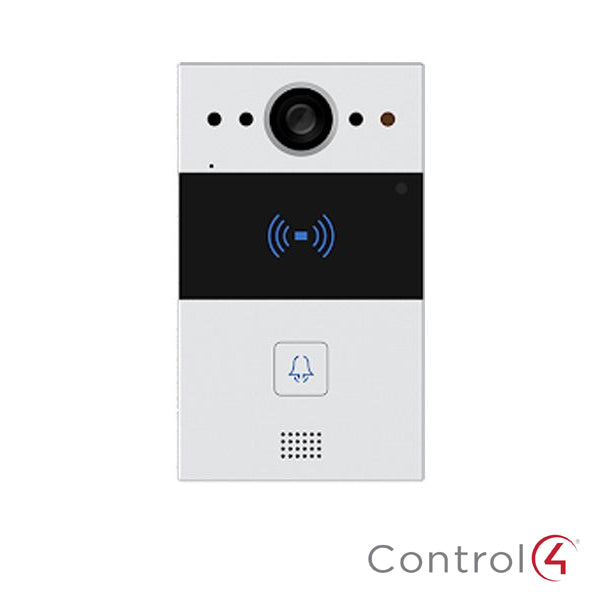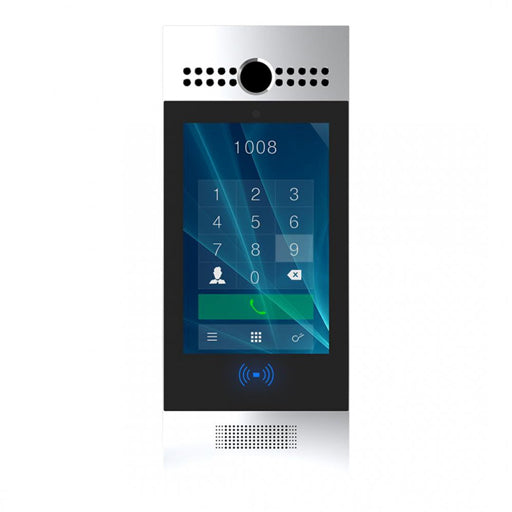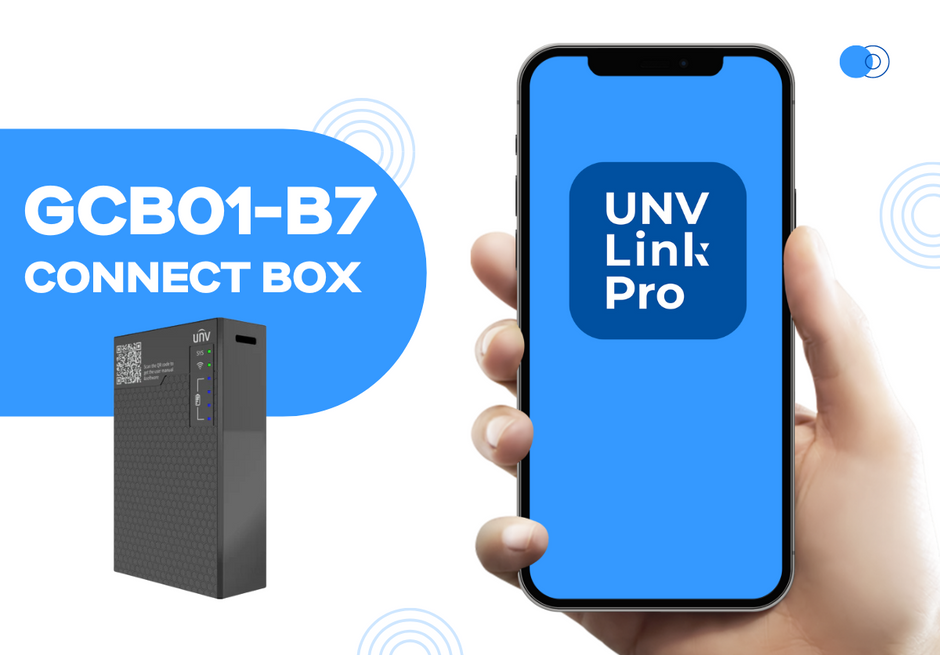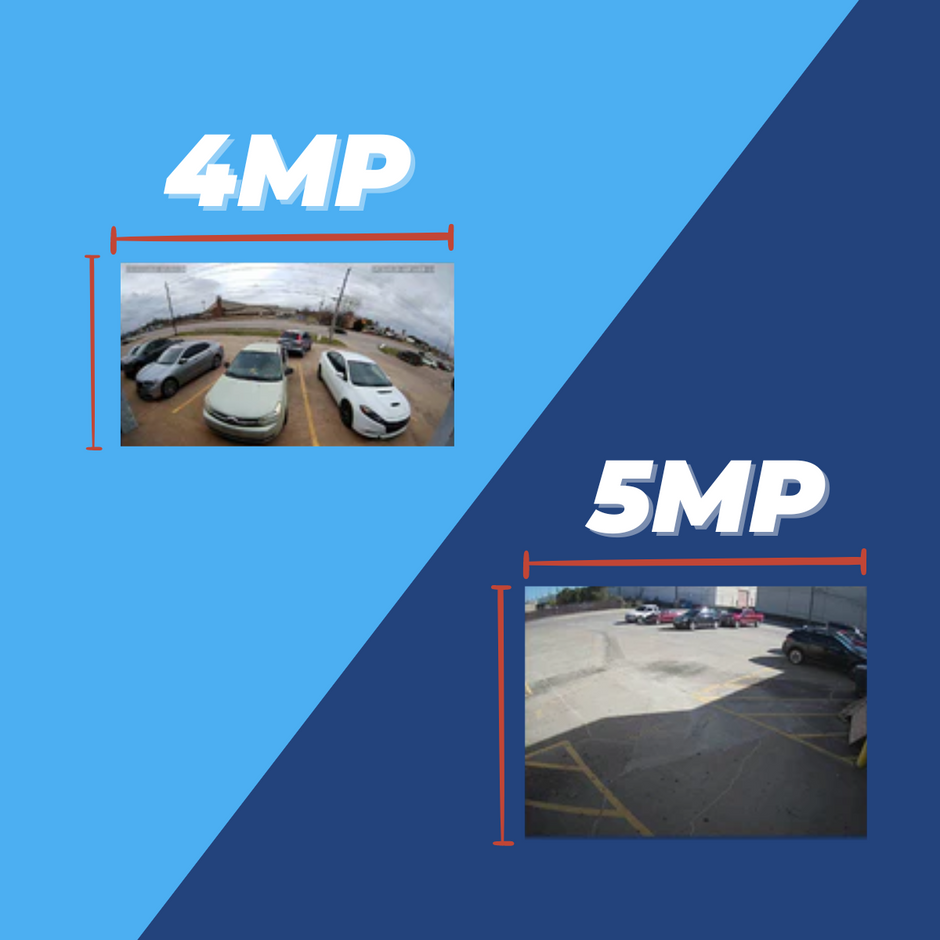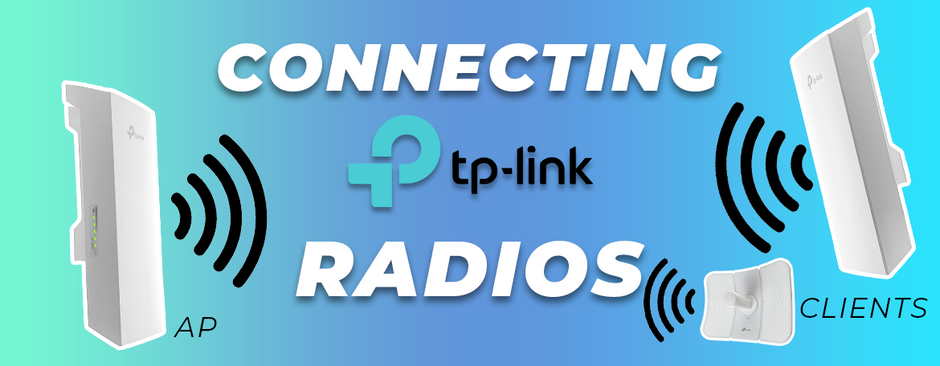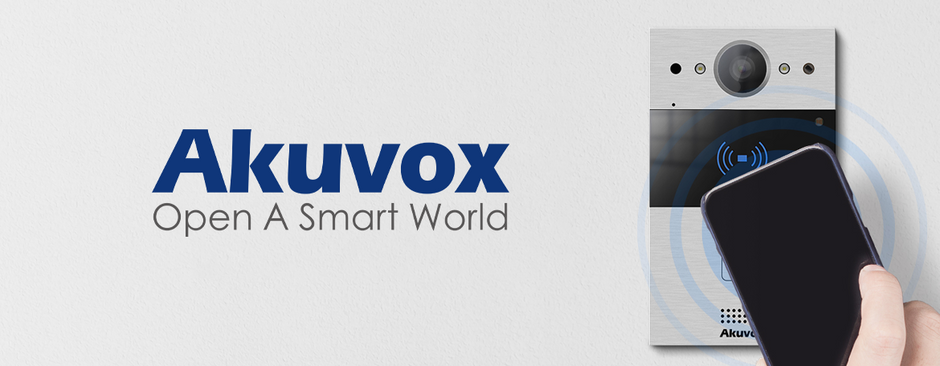In short, no. It isn’t weird to have security cameras in your house. However, there are alot of things to consider when placing security cameras around your home. The main concern you’re going to need to think about is privacy. That means your privacy, your family’s privacy, and the privacy of guests in your home. Your initial thought might be “It’s my house, I can put cameras wherever.” While this is true, there are still things you need to think about to be considerate. A key thing to remember when you’re deciding where to put cameras and what their function is going to be is that you want safety, but not at the expense of privacy. There are also varying privacy laws around recording audio and video, even when it comes to cameras in your own home. Make sure you’re aware of the laws in your area before you begin setting up your cameras.
Privacy Concerns
Even though it’s your personal space, there are still going to be some areas that have an expectation of privacy. Spaces that have an expectation of privacy are anywhere that people could reasonably expect privacy. In public spaces, these are areas like bathrooms, changing rooms, or hotel rooms. In your home it would still be similar, spaces like bathrooms and bedrooms would have a reasonable expectation of privacy. This is your house though, can’t you have cameras anywhere? Well, yes.. But also no. These areas, especially bathrooms, are not open to surveillance because it infringes on one’s expectation of privacy. If you feel the need to have a bedroom camera set up, it’s important for members of your family or guests to be aware of where it is so their privacy won’t be invaded.
Can I Have Security Cameras In My Rental Property?
Rental properties are also a tricky subject. Most rental sites don’t allow hidden security cameras at all, and any use of security cameras inside or out must be disclosed and included in the rental description. Even though it is your property, when someone rents it out, there is an expectation of privacy that you won’t be watching on camera. Outdoor cameras and doorbell cameras are different, although they do still need to be disclosed. These can be great tools for letting renters in with a smart lock and a doorbell camera. We have some great Akuvox products that would work well for letting renters access the property like the Palm-Sized Doorphone Intercom that includes a camera, two way call feature, and a card reader that makes entry even quicker. If you’re managing a larger building and need to allow several tenants access, we also have a larger system to accommodate this. The Akuvox Smart Doorphone Intercom includes a camera that has facial recognition abilities, as well as a card reader, and captures audio and video recording to keep entries and exits secure.
Are Audio and Video Treated the Same?
Audio and video are not equal when it comes to this topic either. Laws vary but the general rule is that both parties should be notified when you’re recording. In some places it’s illegal to record someone without their permission, even in your home. Audio is the touchier part of this subject, so if it’s not a feature you’re really wanting to utilize in your home, it may be best to just shut it off. When recording audio of people in general, the law varies from place to place so you’ll need to check to see what the laws are where you are. Even in your home, audio recording laws still apply. Obviously, the majority of people in your home will be invited guests or workers, and not the intruder you’re trying to secure your home from, so just make sure people are aware they’re on camera. Usually informing people that cameras are recording with a sign on your property or verbally is enough. However, you need to make sure you’re in compliance with your local laws. This is not meant to be legal advice, it’s just a warning to make sure you are in compliance before you start building your security system.
Sign up for our email newsletter to get security content just like this sent to your inbox every week!
How to Decide Where to Place Cameras
Make sure that everyone in your home is on the same page when it comes to cameras. It is important for everyone to feel comfortable in the space. Talking about the intended purpose of the camera can have benefits to getting everyone on board and comfortable with the set up. You want to have everyone in the home discuss why they’re there and set up expectations for monitoring. If the camera is for security and seeing only the entrances and exits, those may need to be the only areas monitored. If you want to have access to a view of the living room so you can see if your child is working on homework, make sure it is disclosed. Kids have a right to privacy too, and any cameras in their room, or anywhere in the house, should be disclosed to them. If the purpose for the camera is well established and agreed on by everyone in the house, you’ll have a much more comfortable living situation.
Take a look at our comprehensive guide on choosing the perfect security camera for your home.
Alleviating Some Concerns About Having Cameras
You might have some concerns about having cameras in your home for a number of reasons. However, cameras have a lot of benefits for the security of your home and many of the concerns you have can be controlled relatively easily. There are several things you can do or think about before implementing in-home cameras in your security system that will improve the process and leave you with better peace of mind.
Obsessively Checking Cameras
Checking the cameras all the time and wanting constant updates can get excessive. If you have even basic motion alerts set and you have pets, you could be getting constant notifications throughout the day. You could be getting an excessive amount of information about what’s going on in your house that may have you checking cameras obsessively. There are ways to change your camera settings if you have smart event capabilities. So, if you don’t want a notification every time your dog runs across the living room, you can have it block those out. Our Uniview line has some extensive features and capabilities with deep learning AI. If you’re interested in learning more about what that looks like, head over to our previous blog post that gives a more in depth look. If you fine tune what you want your cameras to be looking for, you won’t get as many mundane notifications that could have you surveying your living room 24/7.
Hacking
You’ve probably seen some scary stories on the internet about hackers gaining access to cameras. These sadly are real concerns that you should consider when thinking about the placement of your cameras. Especially if you’re thinking about having them in more private areas of your home, like bedrooms. There is a possibility of hacking if your camera is connected to the internet or if your feed is sent to be stored in the cloud. There are security measures you can take to prevent hacking like having strong passwords and keeping your network protected. You can also prevent this threat by investing in a wired system that would be much less susceptible to hacking. Regardless, it is something you need to consider, but it is an issue that is becoming more and more preventable as home security technology is advancing.
Wired vs. Wireless Systems
Deciding between a wired or wireless system is a big part of your process. Considering your needs and what your intentions are for the cameras is still important here. Since these cameras are in your home, you’ll want to be even more cautious of potential hacking. Hard wired IP systems are our recommendation for something secure in your home. There is also a benefit to recording your own footage to an NVR. This means you don’t have to go through the cloud and you’ll be able to control your own footage. Since it’s still on the network, there’s still the chance that it could be hacked but the chances are much less.If you want to protect yourself even further, you could have an analog system that’s not connected to the network at all. If you’d like more information on the difference in systems we have another blog post, IP vs. Analog Security Camera: Which Is Right For You?, explaining in more detail!
Informing People They’re Being Recorded
This part is crucial for anyone living in the house. For guests or people working in your home, it can be as simple as having a sign posted in your yard or at the front of your home letting people know they’re being recorded. If you’d rather not post signage to alert people, another option is to just remind them that you do have security cameras around your home. This is a courteous precaution as well as potential legal protection for you.
Setting Time Restrictions
If you or some of your other family members aren’t totally comfortable being recorded all the time at home, you can still have cameras to monitor what goes on when you aren’t there. An easy fix for this is to change your settings to have the cameras turned off when members of the family are home. With many smart camera apps you can set cameras to only be on at certain times during the day. This could be great to have your cameras on during the work/school day, and once your kids get safely back from school or you get home from work, the cameras will shut off. If you have your cameras recording through an NVR, you can always control when the NVR is recording footage and when it’s not.
As long as everyone in your house is on the same page about having cameras and where they are, home security cameras are really beneficial to protecting and managing your property. It isn’t weird to have cameras at all!


